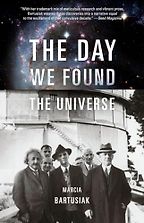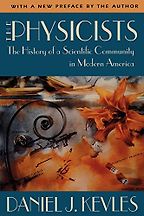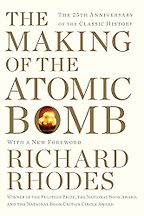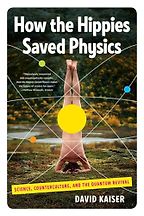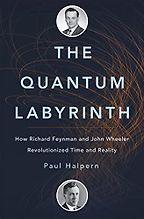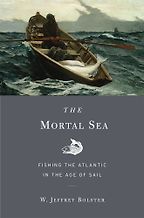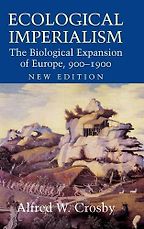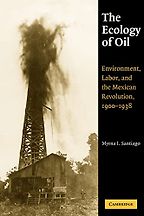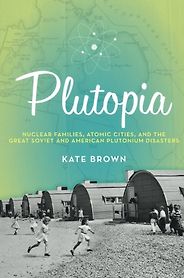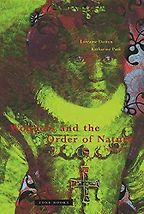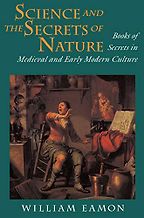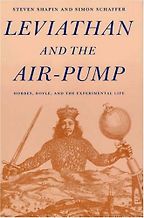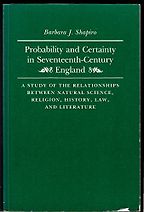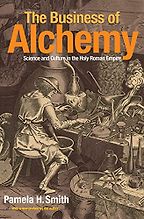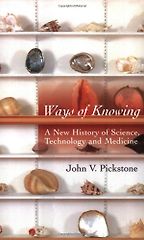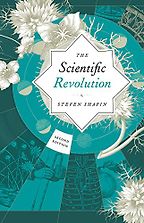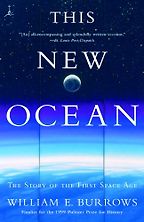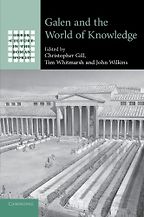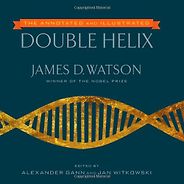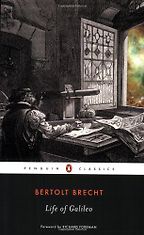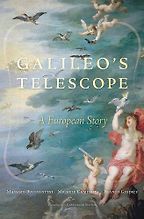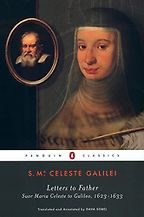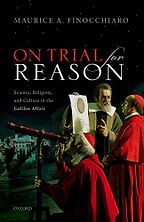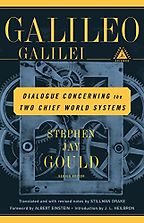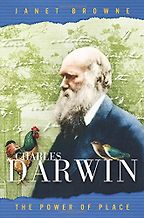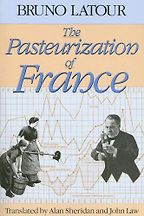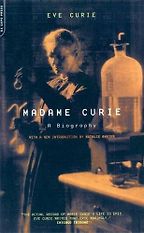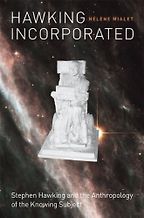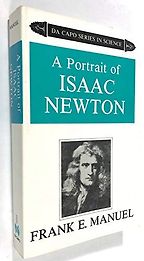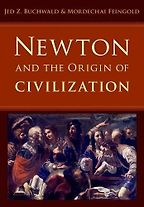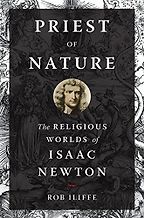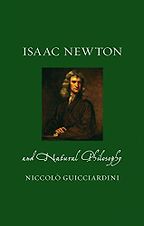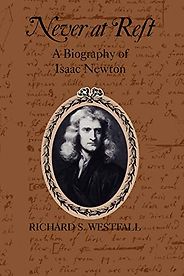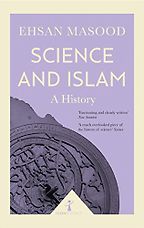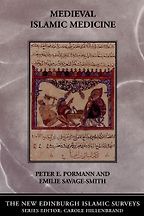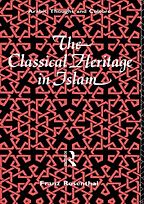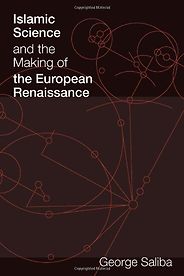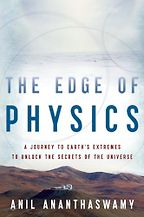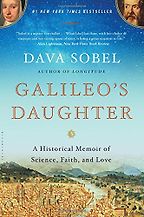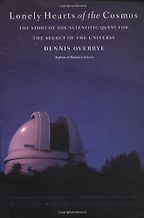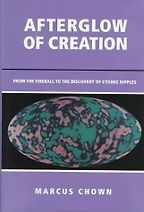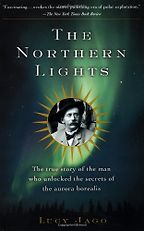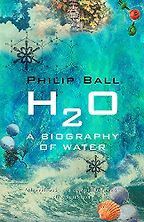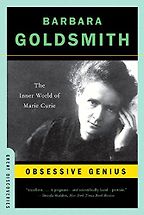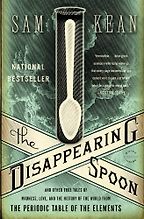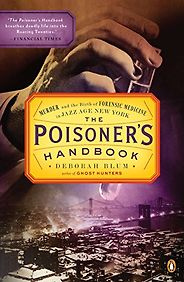History of Science
Last updated: May 18, 2025
What books to read about the history of science? We've turned to a number of historians of science to recommend must-read books. For a general list of good history of science books, Matthew Cobb, a historian of science and Professor of Zoology at the University of Manchester, picked some of his favourites, from the ancient world to the space race.
In terms of more specific topics in the history of science, our book recommendations focus on a number of key episodes/periods/themes:
The Scientific Revolution in the 17th century, when modern science started emerging, and natural philosophers—like Galileo and Isaac Newton—came to believe not only that the Earth and other planets revolved around the sun, but also figured out and calculated the forces that enable them to do so. More recent books, like Horizons, emphasize the global contributions to scientific progress.
The 19th century and the discovery by Charles Darwin of evolution by natural selection.
The paradigm change in the 20th century with the discovery of relativity by Albert Einstein, while working as clerk in the Swiss patent office (if you want to learn about relativity specifically, this book is recommended)
We also have an interview devoted to chemistry, including a recommendation of a book to read about the Polish-French physicist Marie Curie, the only person to win a Nobel prize in two different sciences.
We also have some topics in the history of medicine that are particularly relevant at the moment: about the development of vaccines, the lessons of previous global pandemics, about viruses and more.
-

1
The Day We Found the Universe
by Marcia Bartusiak -

2
The Physicists: The History of a Scientific Community in Modern America
by Daniel Kevles -

3
The Making of the Atomic Bomb
by Richard Rhodes -

4
How the Hippies Saved Physics: Science, Counterculture, and the Quantum Revival
by David Kaiser -

5
The Quantum Labyrinth: How Richard Feynman and John Wheeler Revolutionized Time and Reality
by Paul Halpern
The best books on The History of Physics, recommended by Mark Wolverton
The best books on The History of Physics, recommended by Mark Wolverton
In the 20th century, the United States emerged as a leading centre of experimental physics, with a lot more going on than just the Manhattan project and the use of atomic energy in warfare. Science writer Mark Wolverton, author of Splinters of Infinity, recommends some of his favourite books about the history of physics, with a focus on the 20th century and the United States. (For books about classical physics, browse all our physics book recommendations).
-

1
The Mortal Sea: Fishing the Atlantic in the Age of Sail
by W. Jeffrey Bolster -

2
Plutopia: Nuclear Families, Atomic Cities, and the Great Soviet and American Plutonium Disasters
by Kate Brown -

3
Ecological Imperialism
by Alfred Crosby -

4
The Unending Frontier: An Environmental History of the Early Modern World
by John F. Richards -

5
The Ecology of Oil: Environment, Labor, and the Mexican Revolution, 1900-1938
by Myrna I. Santiago
The best books on Environmental History, recommended by John R McNeill
The best books on Environmental History, recommended by John R McNeill
Environmental history is the study of the relationship between society and the natural world—both in terms of human impacts on the environment, and the constraints placed upon cultures by the landscapes they live in. Here, John R. McNeill, a pioneer of the field, recommends five of the best environmental history books with ambition, engaging prose, and heft.
-

1
Wonders and the Order of Nature 1150-1750
by Lorraine Daston and Katharine Park -

2
Science and the Secrets of Nature: Books of Secrets in Medieval and Early Modern Culture
by William Eamon -

3
Leviathan and the Air-Pump
by Simon Schaffer & Steven Shapin -

4
Probability and Certainty in 17th Century England. A Study of the Relationships between Natural Science, Religion, History, Law and Literature
by Barbara Shapiro -

5
The Business of Alchemy: Science and Culture in the Holy Roman Empire
by Pamela Smith
The best books on The Scientific Revolution, recommended by Vera Keller
The best books on The Scientific Revolution, recommended by Vera Keller
The scientific revolution is often seen as having transformed the way we think and ushered in the modern world, but in highlighting the work of a few key individuals, it has distorted the reality of how science advances in society and how it interacts with truth. Here, Vera Keller, Professor of History at the University of Oregon, challenges popularly held assumptions about the scientific revolution and explains how its meaning, significance and importance have been disputed and misunderstood.
-

1
Ways of Knowing: A New History of Science, Technology, and Medicine
by John Pickstone -

2
The Annotated and Illustrated Double Helix
by James Watson -

3
The Scientific Revolution
by Steven Shapin -

4
This New Ocean: The Story of the First Space Age
by William E. Burrows -

5
Galen and the World of Knowledge
by Christopher Gill (Editor)
The best books on The History of Science, recommended by Matthew Cobb
The best books on The History of Science, recommended by Matthew Cobb
The best books on the history of science—from the ancient world to the space race, recommended by Matthew Cobb, Professor of Zoology at the University of Manchester and author of a number of history and history of science books. His book on neuroscience, The Idea of the Brain, was shortlisted for the 2020 Baillie Gifford Prize, Britain’s most prestigious nonfiction book award.
-

1
Life of Galileo
by Bertolt Brecht -

2
Galileo’s Telescope: A European Story
by Franco Giudice, Massimo Bucciantini and Michele Camerota, translated by Catherine Bolton -

3
Letters to Father: Sister Maria Celeste to Galileo
by Suor Maria Celeste (Virginia Galilei) and Dava Sobel (editor and translator) -

4
On Trial for Reason: Science, Religion, and Culture in the Galileo Affair
by Maurice A. Finocchiaro -

5
Dialogue Concerning the Two Chief World Systems
by Galileo Galilei & Stillman Drake (trans.)
The best books on Galileo Galilei, recommended by Paula Findlen
The best books on Galileo Galilei, recommended by Paula Findlen
The trial of Galileo by the Roman Inquisition was one of the most public confrontations between the new science emerging in the 17th century and the Catholic Church but, nearly 400 years later, there’s still a lot of scope to argue what it was about. Here historian of science Paula Findlen, a professor at Stanford University, explains the endless fascination of Galileo Galilei, the Renaissance man who turned a telescope to the sky and took the world by storm, and recommends the best books to start learning more about him.
The best books on Scientists, recommended by Jimena Canales
Five fascinating books about scientists, selected by historian of science Jimena Canales. She explains how the scientific persona has been constructed throughout history and explores the implicit assumptions about agency, subjectivity, and causality that underlie scientific biographies.
-

1
Never at Rest: A Biography of Isaac Newton
by Richard S. Westfall -

2
A Portrait of Isaac Newton
by Frank E. Manuel -

3
Newton and the Origins of Civilization
by Jed Z. Buchwald & Mordechai Feingold -

4
Priest of Nature: The Religious Worlds of Isaac Newton
by Rob Iliffe -

5
Isaac Newton and Natural Philosophy
by Niccolò Guicciardini
The best books on Isaac Newton, recommended by William Newman
The best books on Isaac Newton, recommended by William Newman
John Maynard Keynes famously cast Isaac Newton not as the first scientist of the age of reason, but the last of the magicians. How should we interpret the million words he wrote, in secret, on alchemy? What should we make of Newton’s heretical religious views? William Newman talks us through the best books for a better understanding of the complex man who was one of the greatest physicists of all time.
The best books on Science and Islam, recommended by Amira Bennison
Islamic scientific discoveries underpinned much of the European Renaissance and the Islamic world inspired Europe as much as Greece and Rome did, says Cambridge professor Amira Bennison. She recommends the best books to get a better understanding of the Islamic contribution to modern science.
The best books on Astronomers, recommended by Stuart Clark
Can’t tell your nebula from your black hole? The New Scientist writer introduces us to some of the wonders of the universe and tells the stories of astronomers who discovered them
-

1
H2O: A Biography of Water
by Phillip Ball -

2
Obsessive Genius: The Inner World of Marie Curie
by Barbara Goldsmith -

3
The Disappearing Spoon: And Other True Tales of Madness, Love, and the History of the World from the Periodic Table of the Elements
by Sam Kean -

4
The Poisoner's Handbook: Murder and the Birth of Forensic Medicine in Jazz Age New York
by Deborah Blum -

5
Why Does Asparagus Make Your Wee Smell?: And 57 other curious food and drink questions
by Andy Brunning
The Best Chemistry Books, recommended by Michelle Francl
The Best Chemistry Books, recommended by Michelle Francl
Chemistry plays a vital role in our understanding of life, the universe and the chances of a better future, says Michelle Francl. She chooses five of the best books on the topic—from a biography of water to a portrait of one of the greatest chemists of all time.
